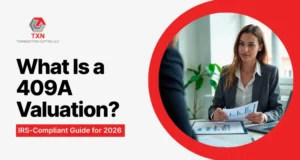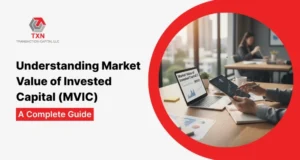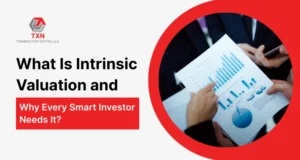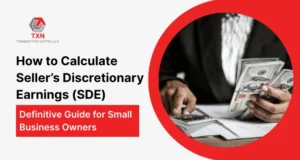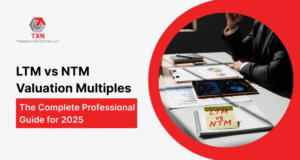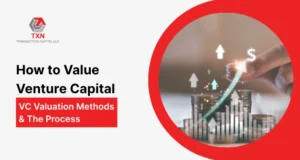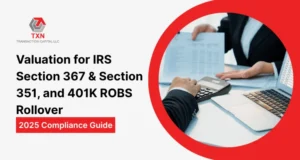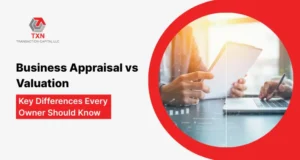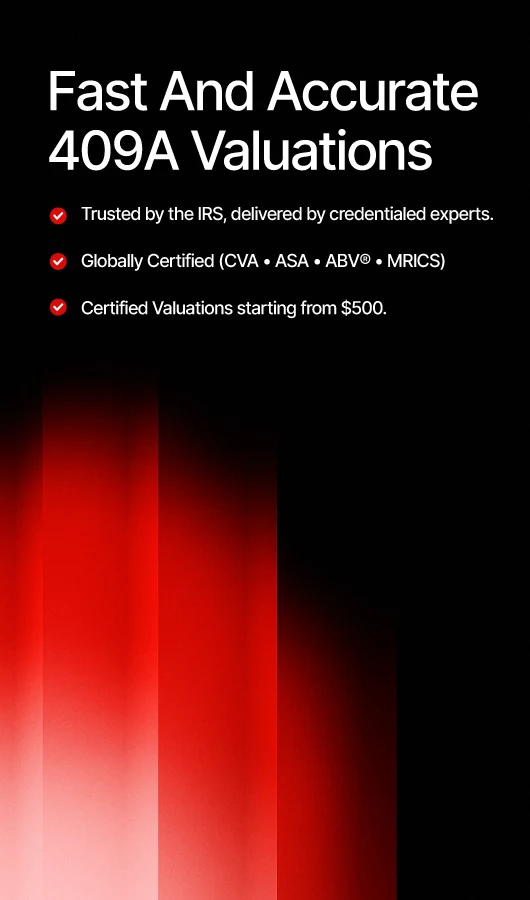Intangible Asset Valuation
Globally Certified (CVA • ASA • ABV® • MRICS)
Certified Valuations starting from $500
Top Business Valuation Firm - Transaction capital LLC
Transaction Capital LLC, also known as TXN Capital LLC, is a premier U.S.-based firm specializing in intangible asset valuation. We provide certified, detailed business valuation services customized to your specific requirements. Our expertise covers intangible assets, equity, and goodwill, supported by a team holding respected credentials such as ASA, ABV, and CVA. This ensures our valuations adhere to the highest standards for financial reporting and regulatory compliance. Starting at just $500, our audit-defensible valuations withstand scrutiny from the IRS, SEC, investors, and auditors, helping your business maintain compliance and drive strategic financial decisions. Discover our comprehensive Brand & Intangible Asset Valuation services.
The Importance of Intangible Asset Valuation
As intangible assets like patents, trademarks, brands, proprietary knowledge, and customer relationships grow in significance, accurately assessing their value becomes essential. These assets frequently serve as key value drivers in mergers and acquisitions, explaining the growing difference between a company’s book value and its market value.
Expert Valuations for IP & Brands
- Best Brand Valuation Services in India and the USA
- Certified Business Valuation USA
- Valuation of Patents, Trademarks & IP
- Patent, Copyright, Trademark & Franchise Valuation Services
- Over 1500 Valuations Across USA, UK, Middle East & India
Years of Experience
Successful Projects
What is Intangible Asset Valuation?
Intangible Asset Valuation assesses the fair market value of non-physical assets that contribute to a company’s revenue and competitive advantage. Unlike tangible assets, these require specialized analysis to understand their market potential, risk, and future cash flow contribution.
Key considerations include:
- Patents, copyrights, trademarks, and brand equity
- Customer relationships and proprietary software
- Licenses, franchises, and royalty agreements
- Goodwill and market positioning
Comprehensive Intangible Valuation Services Offered
When is Intangible Asset Valuation Required?
Timing and purpose are critical. You should obtain an intangible asset valuation if:
- Preparing for mergers, acquisitions, or fundraising
- Reporting financials under GAAP, IFRS, or IRS rules
- Licensing IP or setting royalty agreements
- Facing litigation or shareholder disputes
- Planning tax strategy or estate transfer involving intellectual property
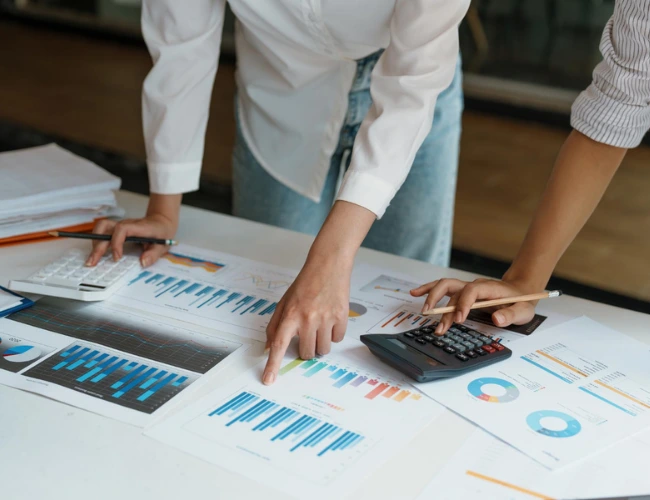
Who Needs Intangible Asset Valuations?
Intangible Asset Valuations are vital for companies and stakeholders who rely on non-physical assets for revenue and growth.
- Corporations with Patents, Trademarks, or Copyrights
Ensure accurate valuation of intellectual property to strengthen balance sheets and support strategic decisions. - IP Lawyers and Licensing Teams
Assess the fair market value of IP for licensing deals, litigation, or contract negotiations. - Investors Evaluating Brand or Intellectual Property Value
Gain insights into the true worth of brands, patents, or copyrights before making investment decisions.
- Startups Seeking Investment or Acquisition
Present a credible asset value to attract investors, secure funding, or negotiate acquisitions. - Auditors, CPAs, and CFOs
Verify intangible asset values for financial reporting, audits, and compliance requirements.
Key Reasons to Obtain Intangible Valuation
- Purchase Price Allocation (PPA)
Essential for complying with accounting standards (like ASC 805/IFRS 3), PPA ensures proper allocation of the purchase price to tangible and intangible assets after a business acquisition.
- M&A Transactions
- Secured Financing
- Business Valuation for Equity Funding

Why Intangible Asset Valuation is Essential?
Valuing intangibles requires specialized expertise to separate tangible and intangible value. We assess business impact with and without specific assets, ensuring clearly defined rights with legal and contractual backing.
Key Categories of Intangible Assets We Value:
- Knowledge Intangibles: Patents, software, know-how, recipes, information databases.
- Business Process Intangibles: Business models, supply chain management, manufacturing techniques.
- Market Position Intangibles: Licenses, distribution rights, government permits, sourcing contracts.
- Brand & Relationship Intangibles: Brand names, trademarks, copyrights, trade dress, domain names, design rights.


Our Approach to Intangible Valuation
Certified Valuer Expertise
Comprehensive Analysis
Audit-Defensible Reports
Simulation-Based Valuation
Industry-Standard Methods

How to Choose Top Intangible Asset Valuation Firms
Selecting the right valuation partner ensures defensible and reliable results. Look for firms that offer:
- Certified valuation professionals with specialized credentials
- Proven experience in intangible assets, IP, and goodwill valuations
- Court- and audit-ready reports
- Transparent methodologies and clear documentation
Why Choose Transaction Capital LLC – The Best Valuation Firm?
Our Esteemed Clients
Join thousands of businesses who rely on our valuation expertise to drive informed decisions and sustainable growth.








































































































































































































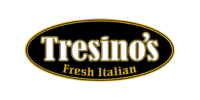







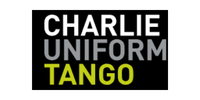


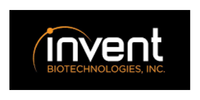
















































Intangible Asset Tax & Planning Strategies in 2025
- Using valuations to support IP-based financing and licensing
- Optimizing tax deductions for amortization of intangible assets
- Structuring deals and acquisitions with defensible asset pricing
- Ensuring compliance with IRS, GAAP, IFRS, and international standards
- Planning for cross-border intellectual property and intangible asset transfers

Secure Your Intangible Asset Valuation Today
Stay Ahead With Expert Insights




